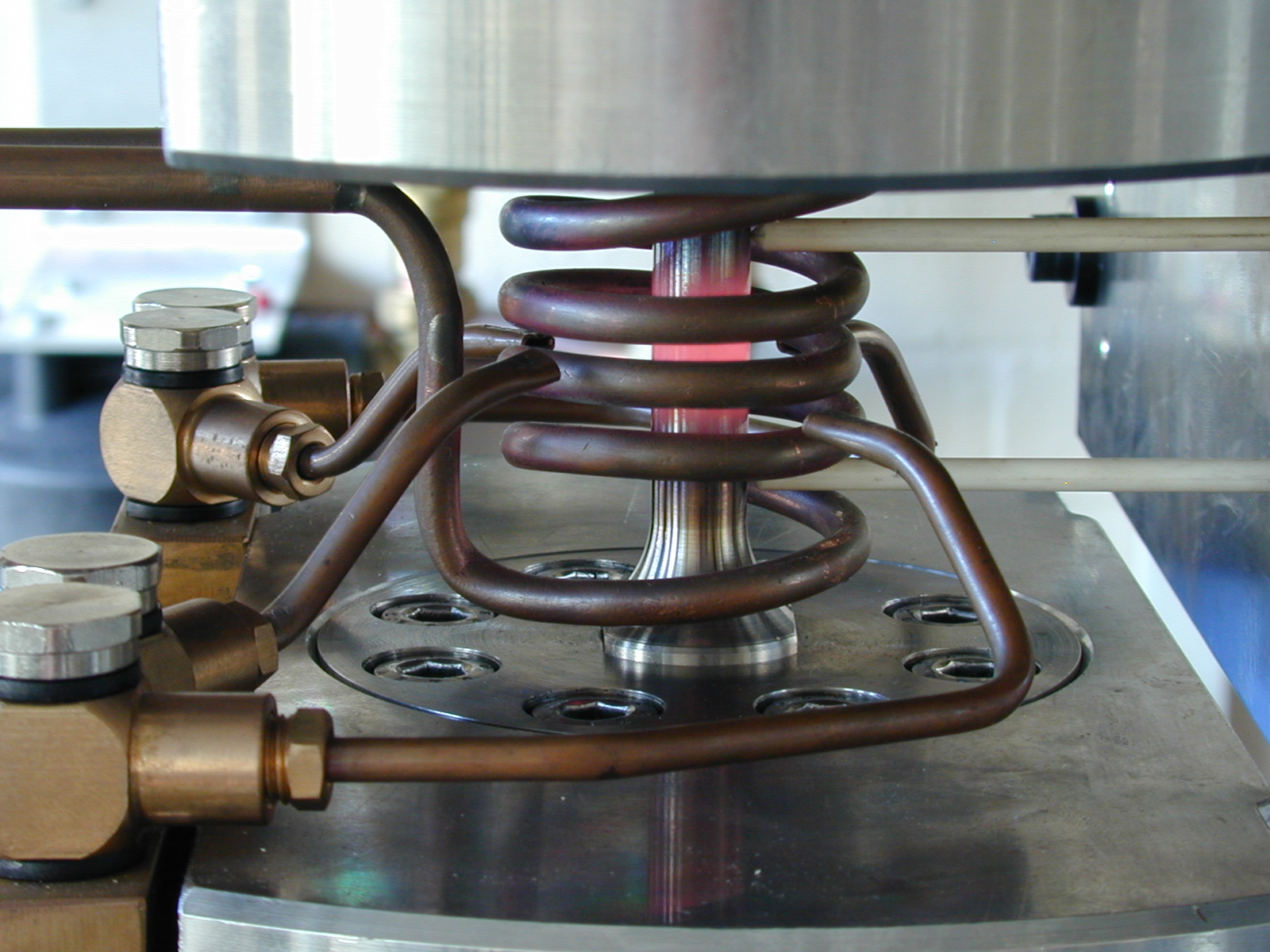SMaRT’s thermo-mechanical fatigue (TMF) testing experts are highly trained, and greatly experienced in running fatigue testing programs. Using state-of-the-art equipment, our lab can reliably measure material behaviour under thermomechanical fatigue conditions and provide interpretation of the results.
Thermo-mechanical fatigue (TMF) testing is very complex and requires mechanical strain range, strain rate, temperature rate, and the phasing between temperature and mechanical strain to be carefully controlled, monitored and/or adjusted in order to accurately characterize the thermo mechanical behaviour of materials being tested.
SMaRT routinely conducts TMF testing in compliance with the following international and industry standards (working to other methods are available upon request):
- BS ISO 12111 Metallic materials – Fatigue testing – Strain-controlled thermo-mechanical fatigue testing method
- EUR 22218 EN Validated code of practice for strain controlled thermomechanical fatigue testing
- ASTM E2368 Standard practice for strain controlled thermomechanical fatigue testing

